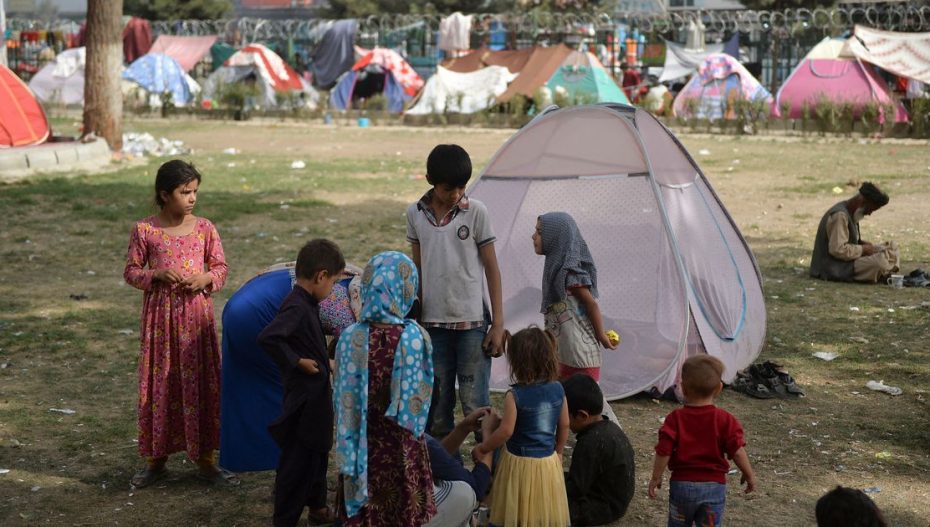Around 3.2 million children are expected to suffer from acute malnutrition in Afghanistan by the end of this year – the spokesperson of World Health Organization informed.
Ever since the Taliban took over Afghanistan in August this year, things have spiraled for the country. Multiple aid agencies have warned of drought as the temperature in the region continues to drop. The health sector has also been hit hard as many of the health care workers fled due to unpaid salaries.
Margaret Harris spoke to the media from the capital Kabul, “the world must not and cannot afford to turn its back on Afghanistan.” Harris further said that the nighttime temperatures are falling below zero Celsius and colder temperatures will make the old and young population more vulnerable to other diseases.
While she did not have the exact numbers of children who had already died from malnutrition but said that the wards are filled with tiny little children including a seven months old baby whom she described as “smaller than a newborn”.
The WHO data revealed that so far 24,000 clinical cases of measles have been reported in the country.
“For malnourished children, measles is a death sentence. We will see so many more deaths if we don’t move on this quickly,” Harris said.
Following the urgency, the Human Rights Watch on Thursday called upon the United Nations and other financial institutions to urgently adjust the sanctions that affect the country’s economy and banking sector.
“Afghanistan’s economy and social services are collapsing, with Afghans throughout the country already suffering acute malnutrition,” said John Sifton, Asia advocacy director at Human Rights Watch.
HRW noted that since much of the money flowing into the banking sector is transferred electronically, the cash flow within the country has seriously dipped which means that money is not physically available.
Following this, Sifton urged the governments and the international community to let Afghanistan have access to the international banking system. He said that donor generosity and humanitarian pledges cannot overcome the stark reality. The UN agencies, humanitarian groups and the Afghans cannot send assets to a banking system that is not working.
“Account holders in Afghanistan can’t withdraw cash that isn’t there,” Sifton said. “Widespread death and suffering from hunger are preventable if governments act urgently to address Afghanistan’s economic crisis.”













